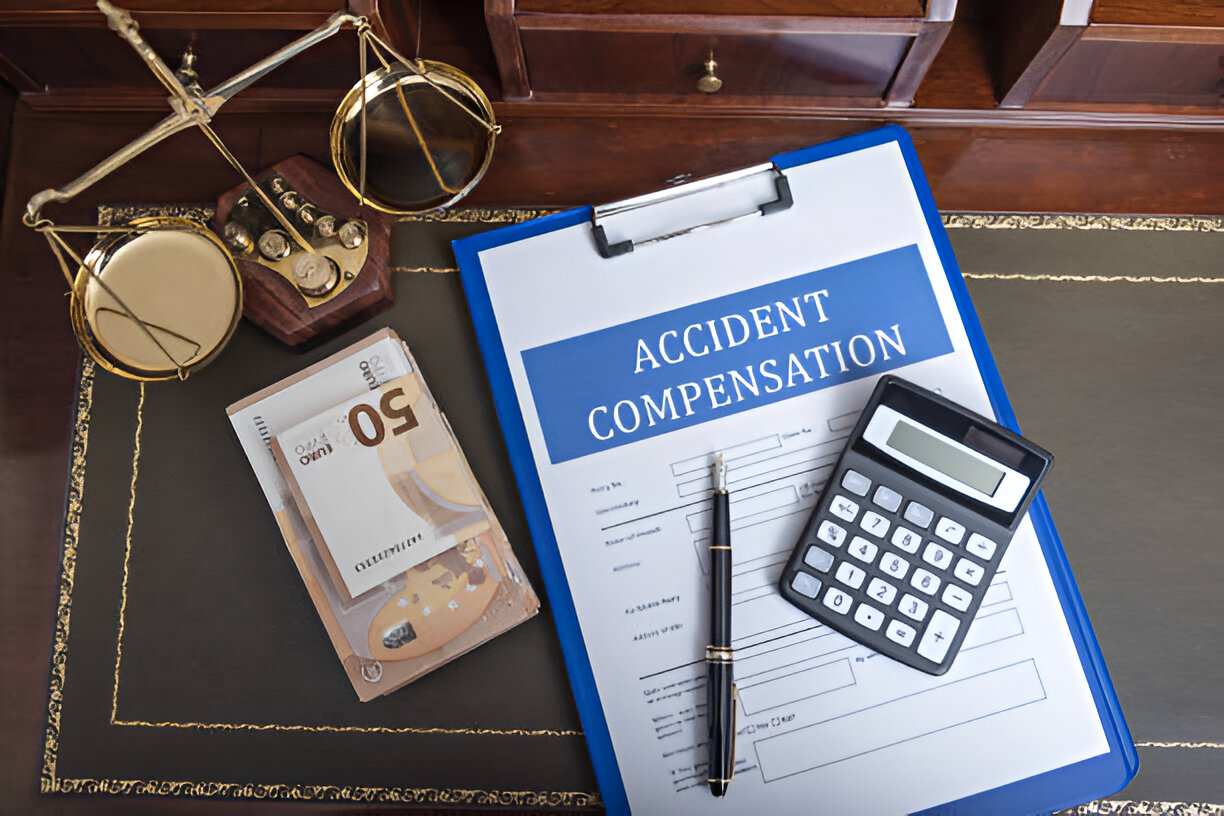
Facing an injury due to someone else’s negligence can make pursuing fair compensation daunting. This guide provides the knowledge and strategies to effectively manage your personal injury claim.
Understanding the Landscape of Personal Injury Law
Personal injury law is designed to protect individuals who have been harmed by the actions or negligence of others. This legal framework covers a wide range of incidents, from car accidents and workplace injuries to medical malpractice and product liability cases.
Familiarizing yourself with the basics of personal injury law is crucial as it forms the foundation of your right to seek compensation.
Immediate Steps: Protecting Your Health and Your Claim
In the aftermath of an injury, your health should be your primary concern. Seek medical attention promptly, even if your injuries seem minor. This not only ensures your well-being but also creates an official record of your injuries, which is vital for your claim.
If possible, gather evidence at the scene, including photographs, witness contact information, and any official reports. These initial actions can significantly strengthen your case.
Power of Documentation: Building Your Case from Day One
Maintaining a detailed record of your injury and its impact on your life is invaluable. Start a journal documenting your daily pain levels, symptoms, and how the injury affects your routine activities. Keep all medical records, bills, and receipts for injury-related expenses.
This comprehensive documentation not only supports your claim but also helps in accurately assessing the full extent of your damages.
Assembling Your Support Team: The Role of Legal Representation
While it’s possible to handle a personal injury claim on your own, the complexities of the legal system often make professional representation advisable. An experienced personal injury attorney can navigate complex legal procedures, handle communications with insurance companies, and negotiate on your behalf.
They bring expertise in valuing claims and can represent you in court if necessary, often working on a contingency fee basis.
Calculating Fair Compensation: Beyond the Obvious Costs
Determining appropriate compensation involves more than just adding up medical bills. It encompasses both economic and non-economic damages. Economic damages include tangible costs like medical expenses, lost wages, and property damage.
Non-economic damages cover intangibles such as pain and suffering, emotional distress, and loss of enjoyment of life. Consider both current and future impacts of the injury when evaluating your claim’s worth.
Navigating the Settlement Process: Patience and Strategy
Most personal injury cases are resolved through settlements rather than going to trial. This process typically involves a series of negotiations with insurance companies or the defendant’s legal team. It’s crucial to approach this process with patience and a clear understanding of your claim’s value.
Early settlement offers are often lower than what your case may be worth. Your attorney can provide guidance on whether an offer is fair and advise you on when it might be appropriate to consider litigation.
Overcoming Common Hurdles in Personal Injury Claims
Throughout your claim, you may face various obstacles. Insurance companies might dispute liability or downplay your injuries. They may employ delay tactics or pressure you into hasty settlements. Stay vigilant, maintain open communication with your attorney, and be prepared for a potentially lengthy process.
Avoid discussing your case on social media or with individuals other than your attorney, as statements you make could be used against you.
Ensuring Comprehensive Compensation
When pursuing your claim, it’s essential to consider not just immediate losses but potential long-term impacts. This includes future medical needs, ongoing therapy, and possible changes in your earning capacity. A thorough assessment ensures you’re compensated not just for current expenses but for future challenges related to your injury.
Conclusion
Navigating a personal injury claim can be complex, but understanding the process empowers you to make informed decisions. Stay proactive in your medical treatment, maintain detailed records, and consider professional legal guidance.
Remember that the goal is not just to recover your immediate losses but to ensure you’re protected against any long-term consequences of the injury.


